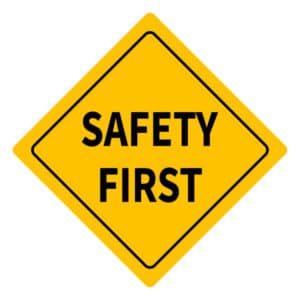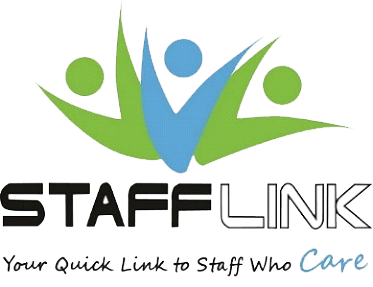LIFESAVING SAFETY TIPS FOR SENIORS

Planning is important at all ages to prevent life altering incidents. As we age, this planning becomes even more important as our abilities to react both physically and mentally lessen. The following are some basic safety suggestions.
Fall Prevention – Over 7,000 seniors die as a result of falls each year.
- Follow directions on all medications- especially those that can cause
- Follow up with your doctor if you experience any dizziness, change in vision or other health issues that cause you to be unsteady.
- Exercise and/or physical therapy can help with balance and
- Avoid using area
- Install handrails and grab
- Wear non-slip footwear and walk
Signs of Choking
- Inability to speak
- Fear, panic
- Struggling for air
- Change in skin coloring
- Little or no noise
The sign for choking is a hand on the throat with extended fingers. Call for help immediately if someone is choking.The Heimlich Maneuver or CPR should only be done by someone who has been properly trained.
Eating small bites, drinking (non-alcoholic options) with food, and chewing slowly can decrease choking hazards.
Kitchen Safety
- Use oven mitts and roll up long sleeves. Make sure hot pads and mitts are not left in the oven when placing pans there.
- Keep stove and oven areas clutter and grease
- Turn pot handles
- Never leave the stove unattended when
- Let microwaved items set for 1-2 minutes before carefully removing Check that burners and oven are turned off before leaving the room and before bed.
Always run cool water over a burn – never use ice or butter. Call 911 if burn is serious.
Personal and Home Safety
- Keep car doors locked, do not park in isolated
- Carry a cell phone and know how to use
- Only drive after dark if you are confident in your night Make sure you know the areas you are in.
- Keep purses close to your body at all
- Use common sense at all times. This is extremely important when you are outside of your home. Be aware of your Do not look like an “easy” victim. If something makes you uncomfortable, leave.
- When returning home, especially after dark, have a family member or friend you can call before leaving your car, to let them know you are home and walking to your
- Make your home look lived in: pick up newspapers and mail; keep landscaping
- Use outdoor
- Consider installing doorbells with cameras that you can
The primary source for this information is from the National Fire Safety Council, Inc. For additional information go to: nationalfiresafetycouncil.org
- The 4 Stages of Sleep and Their Importance As We Age - May 5, 2024
- Dementia Overview and Resources - March 29, 2024
- LIFESAVING SAFETY TIPS FOR SENIORS - February 27, 2024
